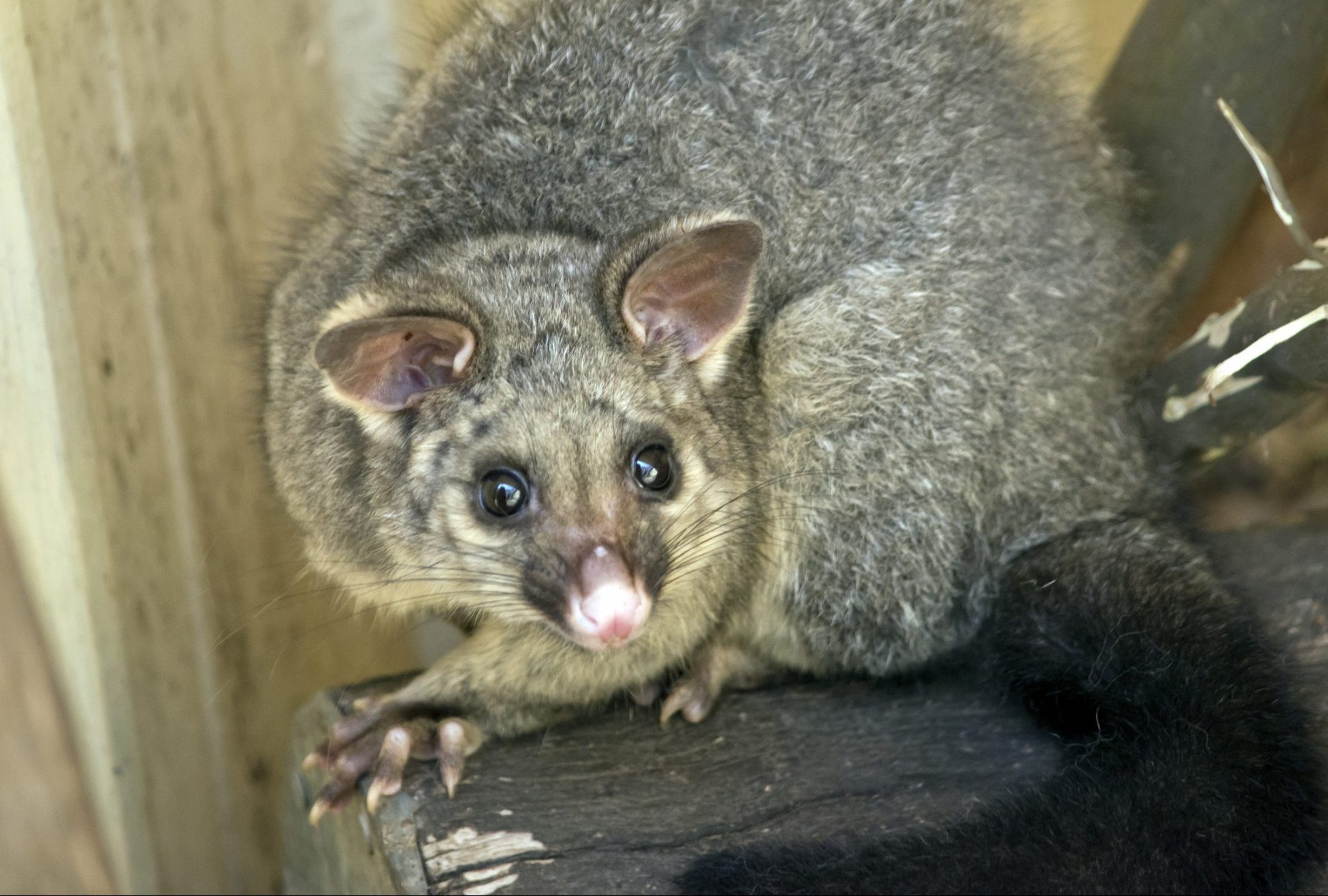A mama raccoon is very vocal during and after her gestation period and her babies make noise too.
Possum sounds in attic.
They chew away at insulation and can create fire hazards by gnawing through electrical wires.
Fast scampering medium volume usually in the attic.
If you hear noises in your attic but don t know what animal is causing it look at the clues.
It s also raccoon mating season.
Bang on the ceiling where you hear the noises.
Heavy walking or thumping.
The noxious odor is likely to discourage the possum from.
Position one or two high wattage lights in the attic.
Since they are active after dark opossums are most likely to make sounds at night.
Noises in the attic scratching sounds at night squirrels.
Opossum sounds at night.
Daytime noise especially in the morning or evening.
Possum poop is different than other animal poop because it is normally about three quarters of an inch to an inch in diameter and possum poop also has berries in it.
Bright lights discourage possums and most pest mammals as they.
Type of noise entry hole feces footprints and more.
In addition opossums can introduce ticks lice and fleas into the attic and the rest of the house.
The pests are usually silent when they are alone so hearing opossums means that multiple animals are nearby.
Springtime isn t only the season of blooming flowers and warmer weather.
Opossums in attic spaces also keep residents awake by creating loud scratching sounds at night.
Clicking and choo choo sounds coming from roofs and attics often mean that mothers and their babies have made their dens there.
Soak a few rags in ammonia and scatter them in the attic.
If you re still not convinced that your phantom attic noises are that of a raccoon listen for vocal sounds.
How to tell what kind of animal is in my attic the first indicator of an animal problem in the attic is the noise.
With spring come raccoons.
Mating adults will squeal.

